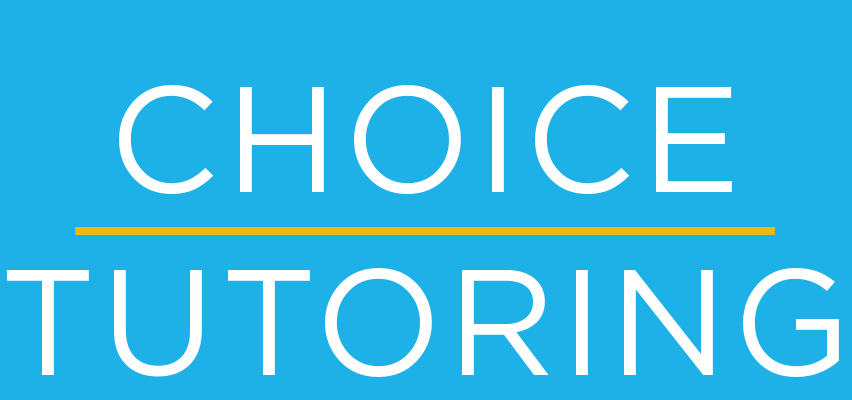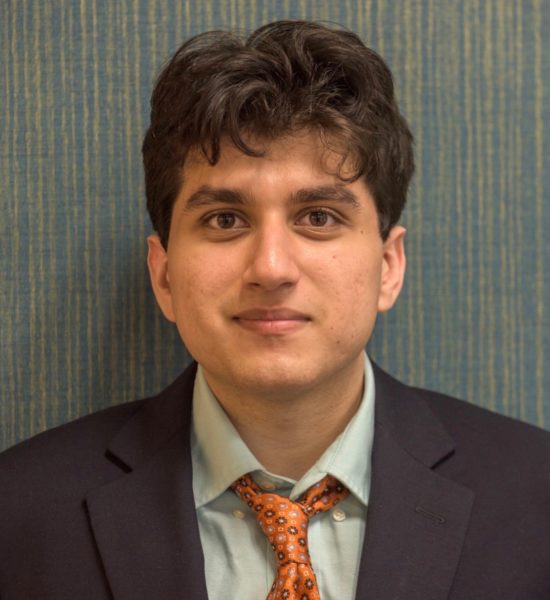A Memorable Teaching Experience: Throughout college, I was a debate coach for high school students in different schools around New York City. One particular semester, I taught at a high school in the Bronx, an hour commute from my dorm room that involved a slow subway ride and a long, hilly walk in an unfamiliar borough. Nevertheless, it was very much worth it. Initially the students I taught were nervous and lacked a lot of self confidence. Debate had just began to be taught at their high school and many had never debated before. This contrasted with the backgrounds of other students they would compete against at a biannual tournament, many of whom had had years of debating experience. They were, however, extremely welcoming and enthusiastic to learn and their positive attitude energized me every single week. Week after week, they developed their skills and confidence and became very skilled debaters. Indeed one set of debaters that I coached at that school won the high school championship at the tournament. I feel lucky to have worked with such incredible students that semester as well as every semester that I coached debate. I may have taught them the fundamentals of debate. They, however, taught me the power of a positive attitude and self confidence, an area that I struggled with in the past, and I feel like a better pedagogue as a result.
Personal Rewarding Educational Experience: During sophomore year of college, I took a year long, mandatory class called Contemporary Civilization, which was essentially a philosophy class with heavy reading, seminar discussion and writing. Since I had never taken a philosophy class or ever engaged with philosophical texts, this was a rather challenging class at first. It was, however, the most life changing class that I took in college. Every week we would read a work by a different philosopher: from Aristotle to Kant to Nietzsche to Woolf. We would discuss their arguments, why they were convincing and why they were flawed. It demonstrated that even the world’s greatest minds did not have perfect arguments and helped me move past the perfectionist paralysis that had plagued me for so long. I began to feel more confident in participating and testing my ideas in our seminar discussions and in the process of this discourse, I was able to hone my critical thinking skills. The class also had a series of critical paper assignments that involved analyzing very dense philosophical texts and developing arguments from our analysis. These assignments required me to clearly and directly explain very difficult and convoluted arguments, a task that improved my writing skills greatly. This class developed my critical thinking and writing skills more than any other class I took in college. It, however, also led me to an appreciation for philosophy. Even three years later, I still look back at the ideas that I discussed and wrote about in Contemporary Civilization. When I’m feeling particularly brave, I even start reading and analyzing a new philosophical text using the same methods I had learned.
Favorite Quote:
“The world breaks everyone, and afterward, some are strong at the broken places.” — Ernest Hemingway
Fun Facts:
I skipped two grades so I ended up graduating from high school when I was 16 and from college when I was 20.
I’m not superstitious and don’t really believe in ghosts or other elements of the supernatural. I do, however, believe and hope aliens (friendly aliens) are real,
Interests: Going on long runs, reading, singing and listening to music, traveling, and playing tennis.
Biography: I spent my early childhood in Los Angeles in an area called Glendale, a very diverse and urban part of the LA area. Therefore, my move to a rural town in Kansas in the later years of my childhood was quite a transition in environment. Nevertheless, I ended up back in a urban area after high school when I moved to Manhattan to attend Columbia. When I wasn’t trying to figure out how to prove hard theorems or researching page after page of primary sources for my thesis, I spent a lot of time volunteering. I volunteered my time not only teaching debate skills, but also assisting hospice patients and helping high-achieving, low-income students apply to college. Now after college, I’m exploring another city–Houston–and loving every minute. I am pretty fluent in Spanish and Hindi and I’m looking to learn French in the near future.
Future Goals: My life and career are incredibly malleable right now. However at the moment, I’m studying for MCAT and hoping to go to medical school in a few years. While I like visiting different places, my desire to travel relates more to being a local of different areas. I hope to be able to move and live in all kinds of different places in the future.
Educational Background:
B.A. Math and History, Columbia University

